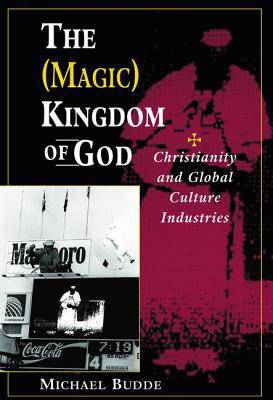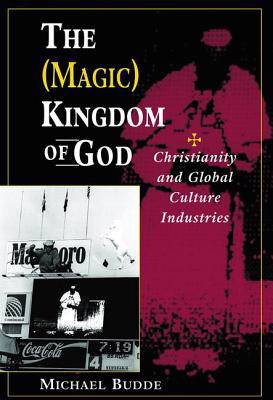
- Afhalen na 1 uur in een winkel met voorraad
- Gratis thuislevering in België vanaf € 30
- Ruim aanbod met 7 miljoen producten
- Afhalen na 1 uur in een winkel met voorraad
- Gratis thuislevering in België vanaf € 30
- Ruim aanbod met 7 miljoen producten
Zoeken
The (Magic) Kingdom Of God
Christianity And Global Culture Industries
Michael Budde
Paperback | Engels
€ 100,95
+ 201 punten
Uitvoering
Omschrijving
In The (Magic) Kingdom of God, Michael Budde offers a multidisciplinary analysis of the "global culture industries"-increasingly powerful, centralized corporate conglomerates in television, advertising, marketing, movies, and the like-and their impact on Christian churches in industrialized countries.
Specificaties
Betrokkenen
- Auteur(s):
- Uitgeverij:
Inhoud
- Aantal bladzijden:
- 186
- Taal:
- Engels
Eigenschappen
- Productcode (EAN):
- 9780813330761
- Verschijningsdatum:
- 11/09/1998
- Uitvoering:
- Paperback
- Formaat:
- Trade paperback (VS)
- Afmetingen:
- 152 mm x 229 mm
- Gewicht:
- 290 g

Alleen bij Standaard Boekhandel
+ 201 punten op je klantenkaart van Standaard Boekhandel
Beoordelingen
We publiceren alleen reviews die voldoen aan de voorwaarden voor reviews. Bekijk onze voorwaarden voor reviews.








